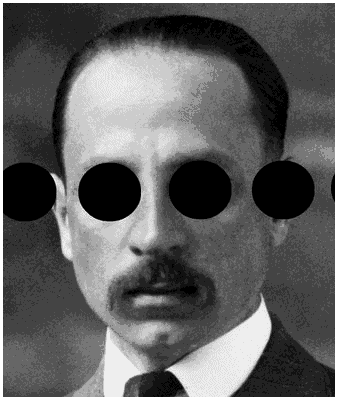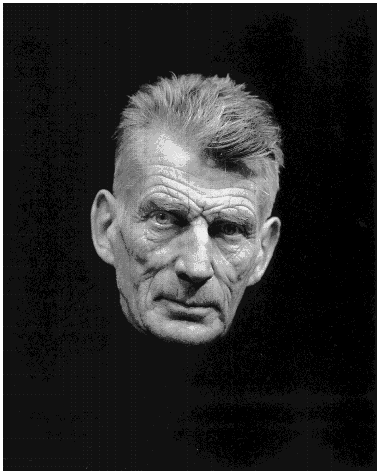1933 - 1945
Foreign Authors in Germany
Oliver Lubrich, Editor
(University of Chicago)

"I believe the perspective of history will call October 9 not only the watershed of Nazi History," Smith wrote, "but of the entire conflict determining --- to borrow a leaf from Hitler --- the destiny of the world of the next thousand years."
And where did he come up with this insight ... eighteen months before the rest of the world? Like all good journalists, he was looking for not what was said, but for what was not said. In Germany one had to parse the signals coming out of the government propaganda machine.
In the fall of 1941, their press-releases turned strangely reserved. They could not conceal the fact that the Wehrmacht had become bogged down in the ice and snow just outside Moscow, locked in the coldest winter in fifty years. (Smith's chapter, "Special Press Conference, 9 October 1941" is one of the best in the book).
Travels in the Reich leads off with writings from Christopher Isherwood and Martha Dodd. There are, too, cryptic --- very cryptic --- diary entries by Samuel Beckett: "Goering has lost X kilos ... Sausages in Bierstube. HH [Heil Hitler!] without ceasing ... Soon I shall really begin to puke. Or go home."
Then there is Heinrich Hauser, author of Battle against Time. Somehow he gets into a storeroom in the Berlin chancellery, where he found "150 busts of der Fuehrer, each with its own expression of strength, dignity, or exaltation."
- Imagine also about a hundred busts of Mussolini in comparable poses. Imagine 200 nude warriors, with and without helmets, with and without sword or shield, and some 150 nude women in marble or bronze, with and without figleaf.
"Now imagine this whole formidable group arrayed in perfect military precision, so that the Fuehrer may pass them in review as if they were a regiment of soldiers!"
Jean Genet, at the time an unemployed vagabond, walks "from Breslau to Berlin" and writes most piquantly, "Even on Unter der Linden I had the feeling that I was strolling about in a camp organized by bandits." Germany became, for this soon-to-be-famous masochist, "the symbol of cruelty."
Most fascinating of all is Karen Blixen's 1940 report for the Copenhagen newspaper Politiken. She traveled to Paris, London, and Berlin to make reports on life in the three wartime capitals. She tells of the German hausfrau who, she finds, "is a strange and remarkable member of the human race ... one has the feeling that she, despite all prohibitions, guards her own life pretty well intact."
- Perhaps, I reflected, the Germans resemble the sedate, unruffled deep-sea fish about whom I have read in my natural history, who swim along their own paths under many thousand tons of water pressure. If it is true that they explode when they are brought to the surface and the pressure is released, that does not happen because they are empty.
Then Blixen offers this paradoxical take on the German people as a whole: they have "a peculiar sense of life as a mathematical problem which is known to have a solution." She compares them to, of all things, the citizens of Tibet:
- We people of other nations may, while we marvel, get an impression of something spectral, as if one could organize a cause so that the entire matter would end like the national economy of Tibet, of which I have read that lamps burning yak-oil are placed on the altars in order to insure good crops, that the number of lamps has in the course of time been multiplied so many times, and the yak-oil has become so expensive, that all of Tibet's annual income must now be used to pay for feeding the lamps.
